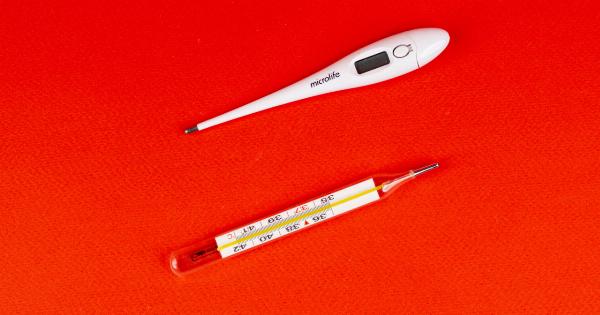Autoimmune diseases are a group of disorders that occur when the immune system mistakenly attacks healthy cells in the body. There are more than 80 different autoimmune diseases, including lupus, rheumatoid arthritis, and multiple sclerosis.
While researchers aren’t entirely certain what causes autoimmune diseases, there is growing evidence suggesting that heavy metal toxicity may play a role in the development and progression of these conditions. Specifically, mercury exposure may be linked to the onset of autoimmune diseases.
What is Mercury?
Mercury is a toxic heavy metal that is found in the environment in both organic and inorganic forms.
Elemental or metallic mercury is a shiny, silver-white metallic liquid that is used in a variety of products, including thermometers, barometers, and dental fillings. Inorganic mercury is found in some foods and water sources, as well as industrial emissions. Organic mercury is created when mercury combines with carbon and is found in certain types of fish and seafood.
How is Mercury Toxic?
Mercury is toxic to the human body and has been linked to many health problems, including developmental delays in children, impaired brain function, and a variety of reproductive issues. At high levels, mercury can cause kidney damage and even death.
Mercury is also known to impact the immune system in significant ways.
Studies have shown that mercury exposure can lead to the production of antibodies that attack normal tissues in the body, including those that are responsible for producing insulin, which can lead to type 1 diabetes. Mercury has also been shown to suppress the production of lymphocytes, which are white blood cells that play a critical role in the immune response.
The Relationship Between Mercury and Autoimmune Diseases
Researchers have found that mercury exposure may be linked to the development and progression of autoimmune diseases. One study found that mercury levels were higher in people with autoimmune conditions compared to healthy individuals.
This suggests that mercury exposure may contribute to the development of autoimmune diseases.
Another study found that mercury exposure can cause the immune system to attack healthy cells in the body by creating autoantibodies.
These autoantibodies are proteins that mistakenly identify healthy cells as foreign invaders and cause the immune system to attack those cells. This autoimmune response can lead to a variety of healthcare issues, including autoimmune diseases.
One autoimmune disease that has been specifically linked to mercury exposure is systemic lupus erythematosus (SLE). SLE is a chronic autoimmune disease that can affect many different parts of the body, including the skin, joints, and organs.
Studies have found that people with SLE have higher levels of mercury in their blood and kidneys compared to healthy individuals. This suggests that mercury exposure may trigger the onset of SLE or contribute to its progression.
Reducing Mercury Exposure
Reducing mercury exposure can help protect against the development and progression of autoimmune diseases. While it is impossible to completely avoid all exposure to mercury, there are steps that individuals can take to reduce their exposure.
The first step is to avoid consuming high-mercury fish and seafood. Fish with high levels of mercury include shark, swordfish, king mackerel, and tilefish. Opt for lower-mercury fish and seafood, such as salmon, shrimp, and canned light tuna.
Limiting exposure to mercury-containing products, such as some types of dental fillings and thermometers, can also help reduce exposure.
In addition, researchers have found that certain nutrients can help protect against the harmful effects of mercury exposure.
One study found that people who ate a diet rich in antioxidants, such as vitamins C and E, had lower levels of mercury in their blood compared to those who did not eat such a diet.
Conclusion
Mercury exposure may be linked to the development and progression of autoimmune diseases, including SLE.
While the exact mechanisms by which mercury triggers autoimmune responses are not yet fully understood, there is growing evidence suggesting that heavy metal toxicity may play a role in the development and progression of these conditions.
Reducing exposure to mercury by avoiding high-mercury fish and seafood and limiting exposure to mercury-containing products, as well as consuming a diet rich in antioxidants, can help protect against the harmful effects of mercury exposure and reduce the risk of developing autoimmune diseases.































